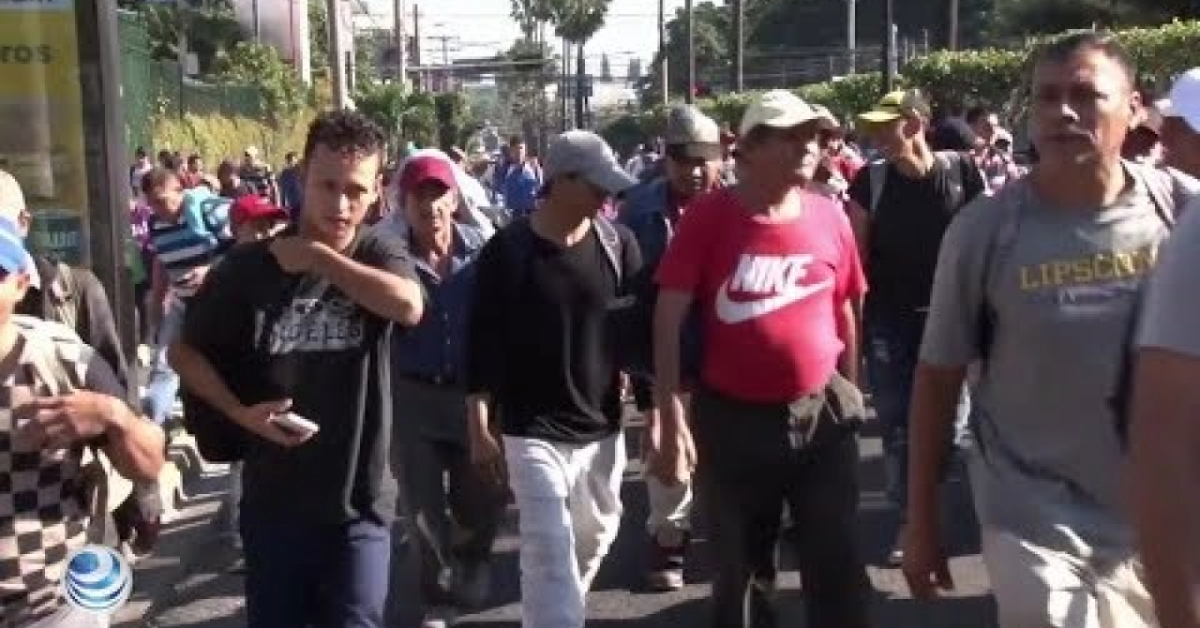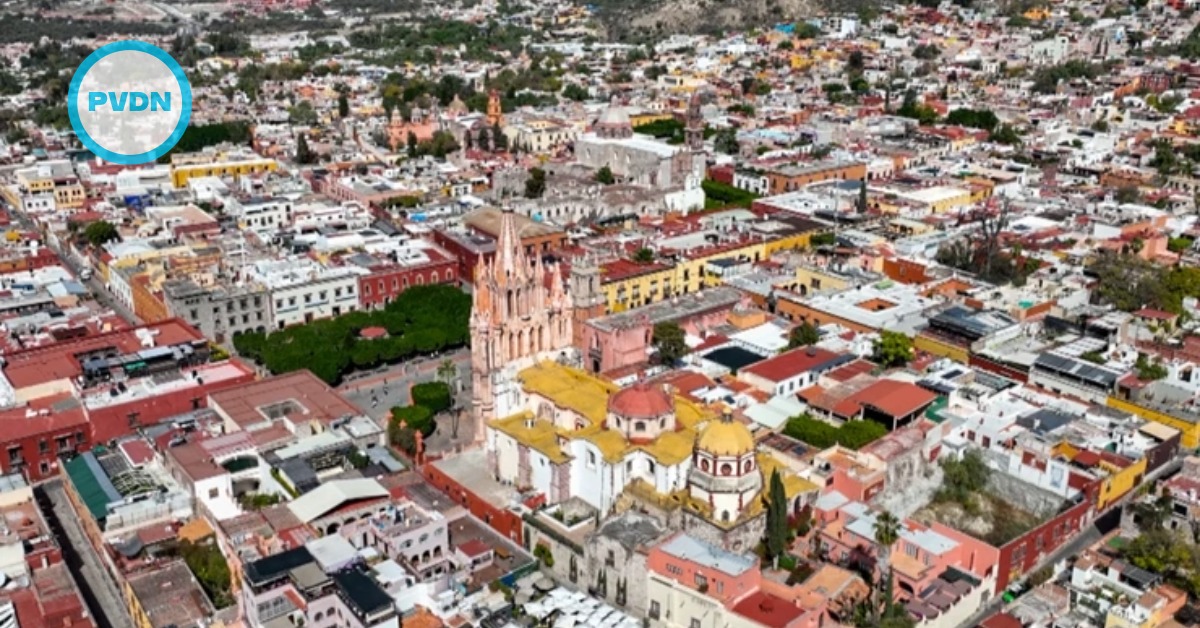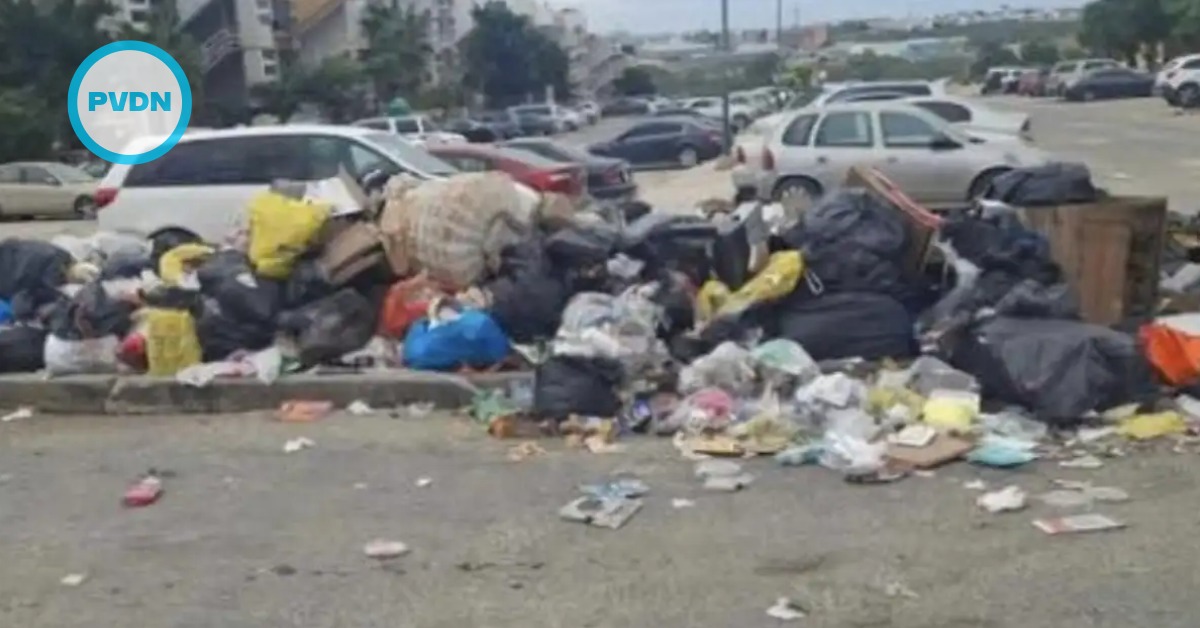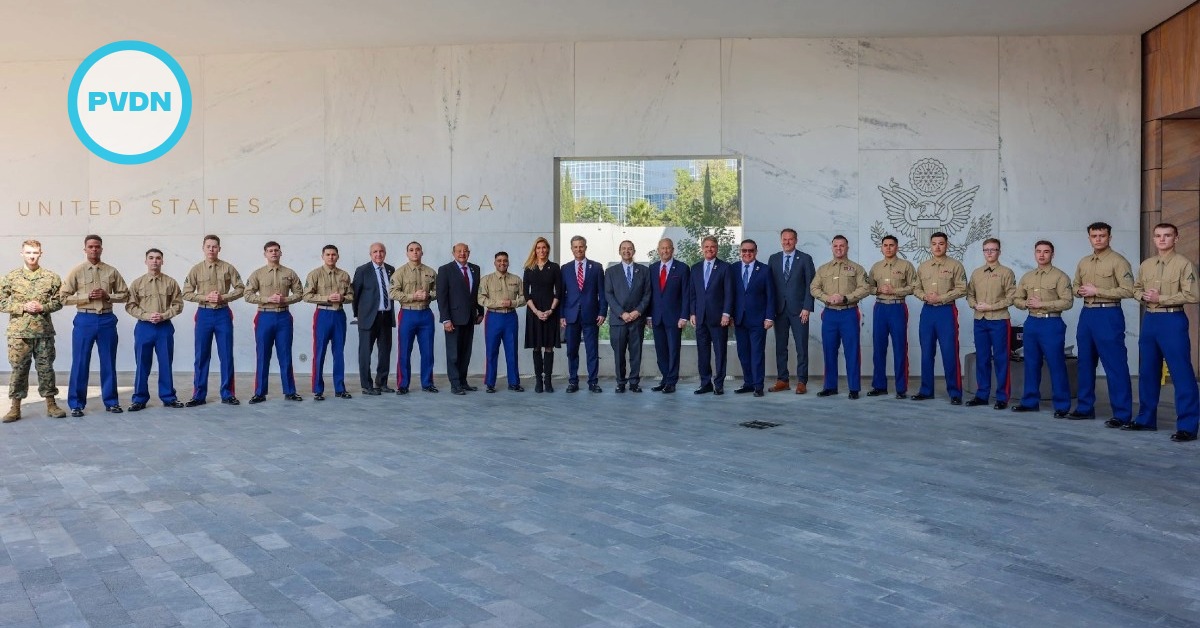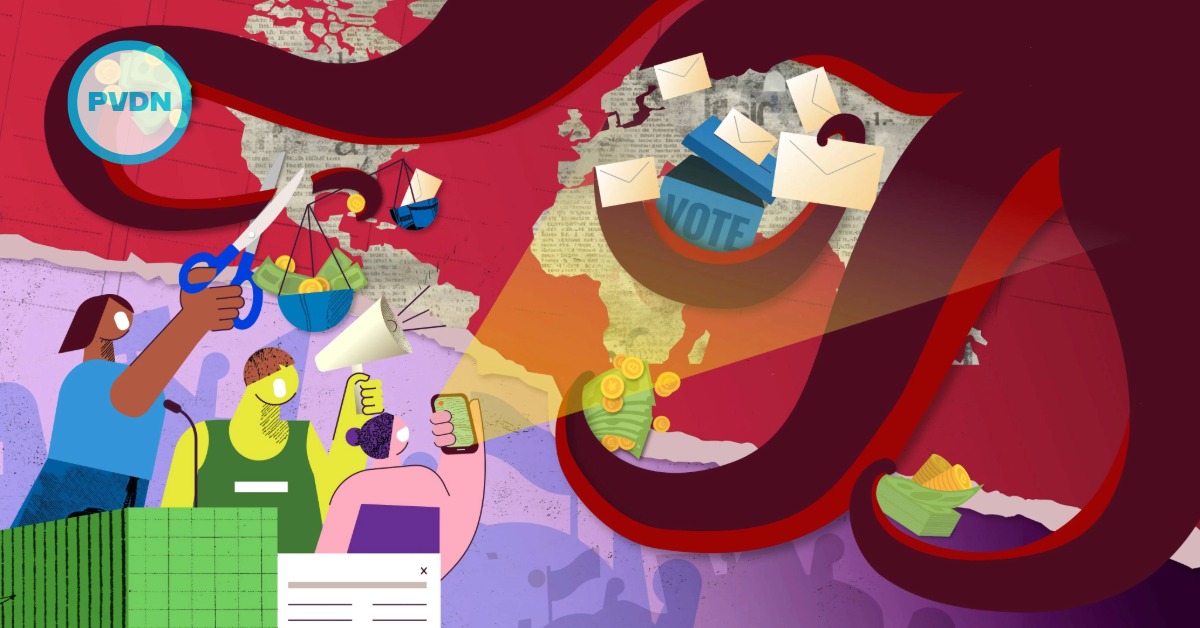The Mexican government intercepted 5,234 migrants on Tuesday during a series of security operations across the country. The actions come as Mexico faces mounting pressure from U.S. President-elect Donald Trump to curb the irregular flow of people and drugs into the United States.
